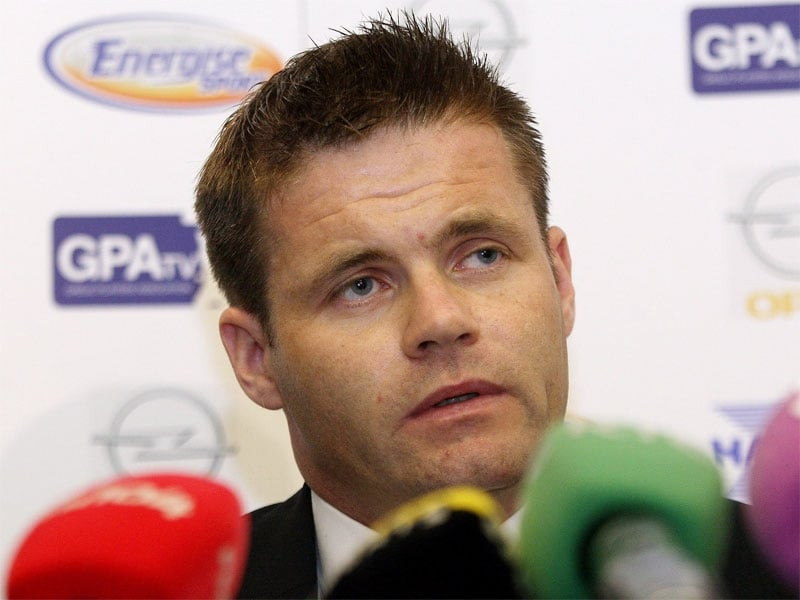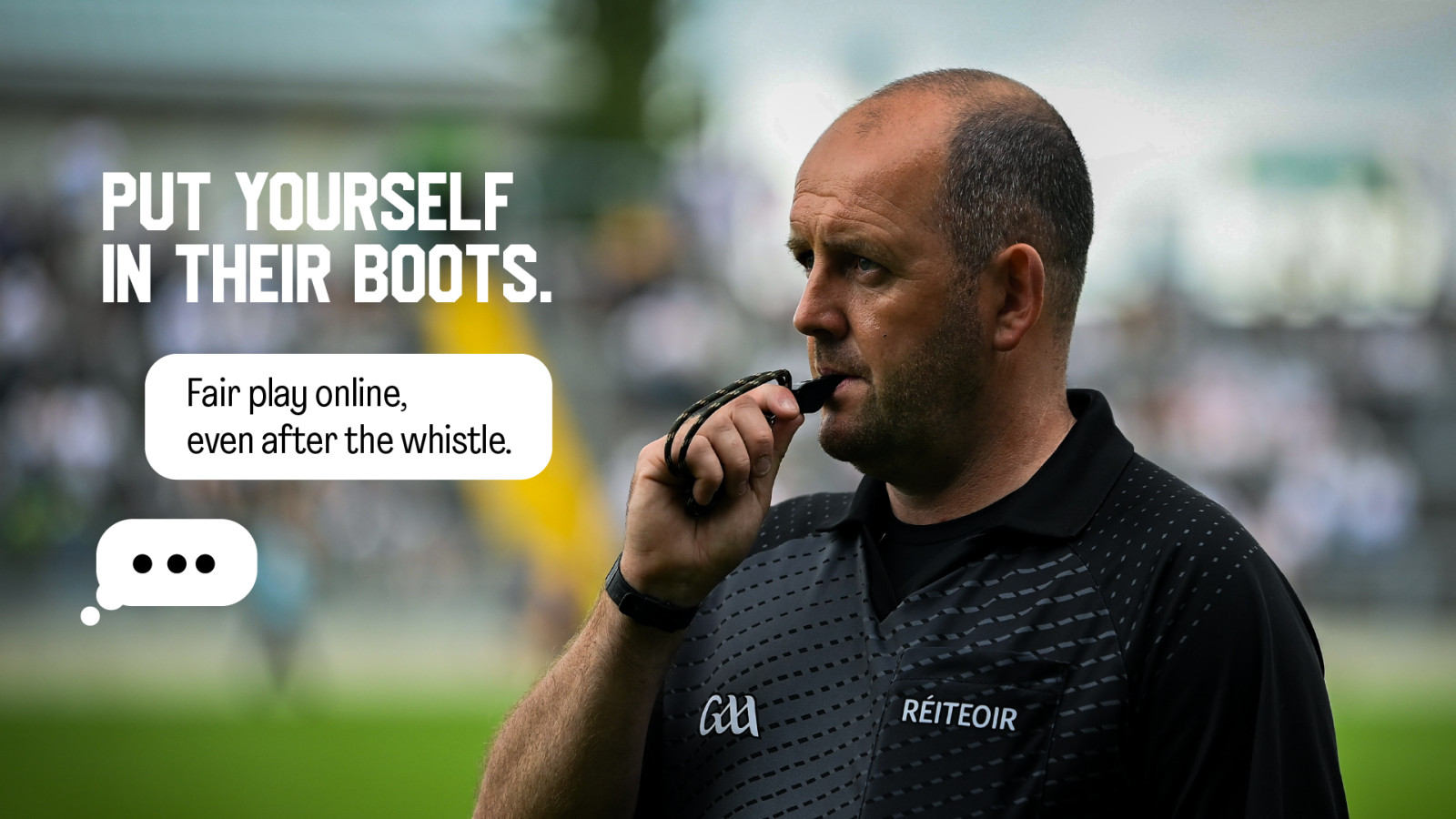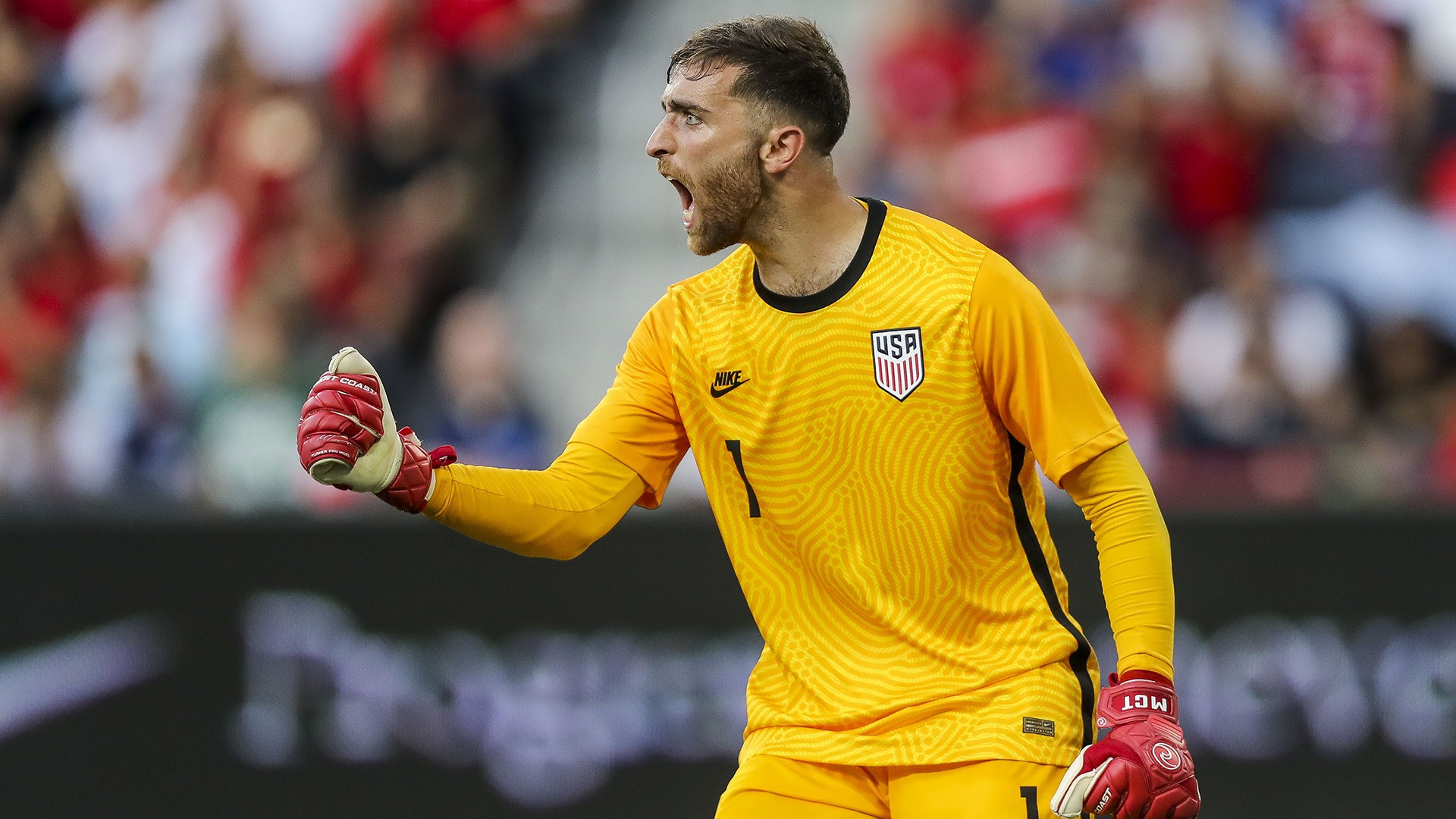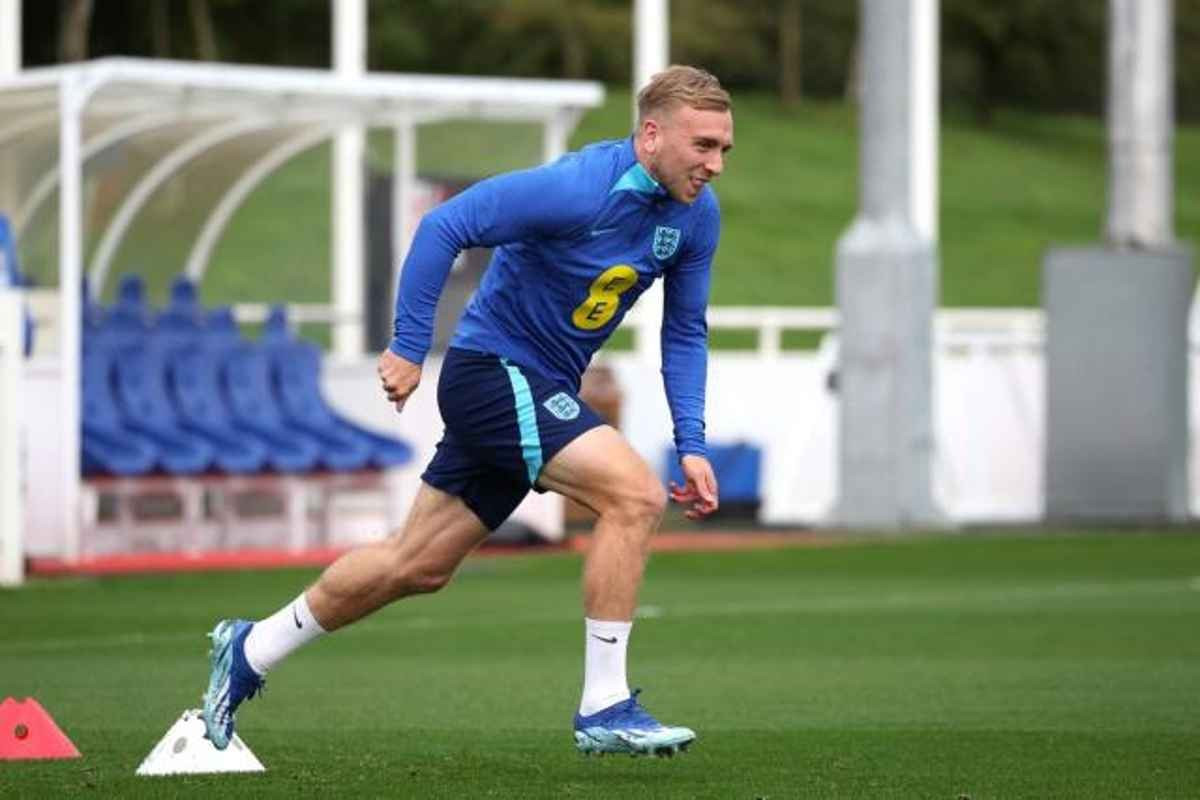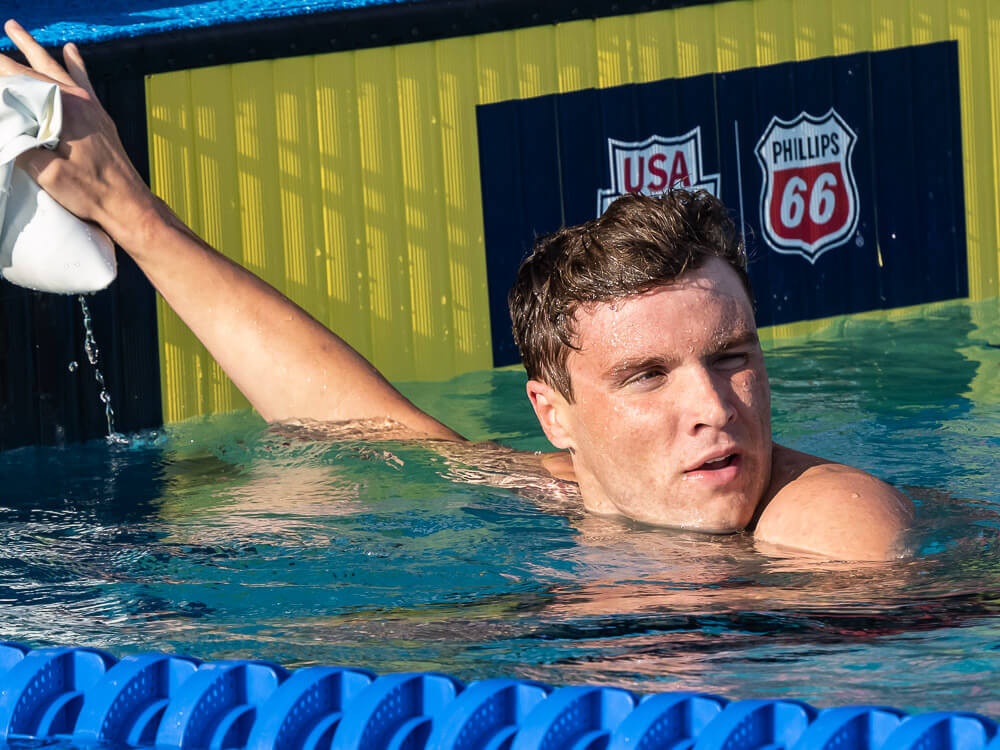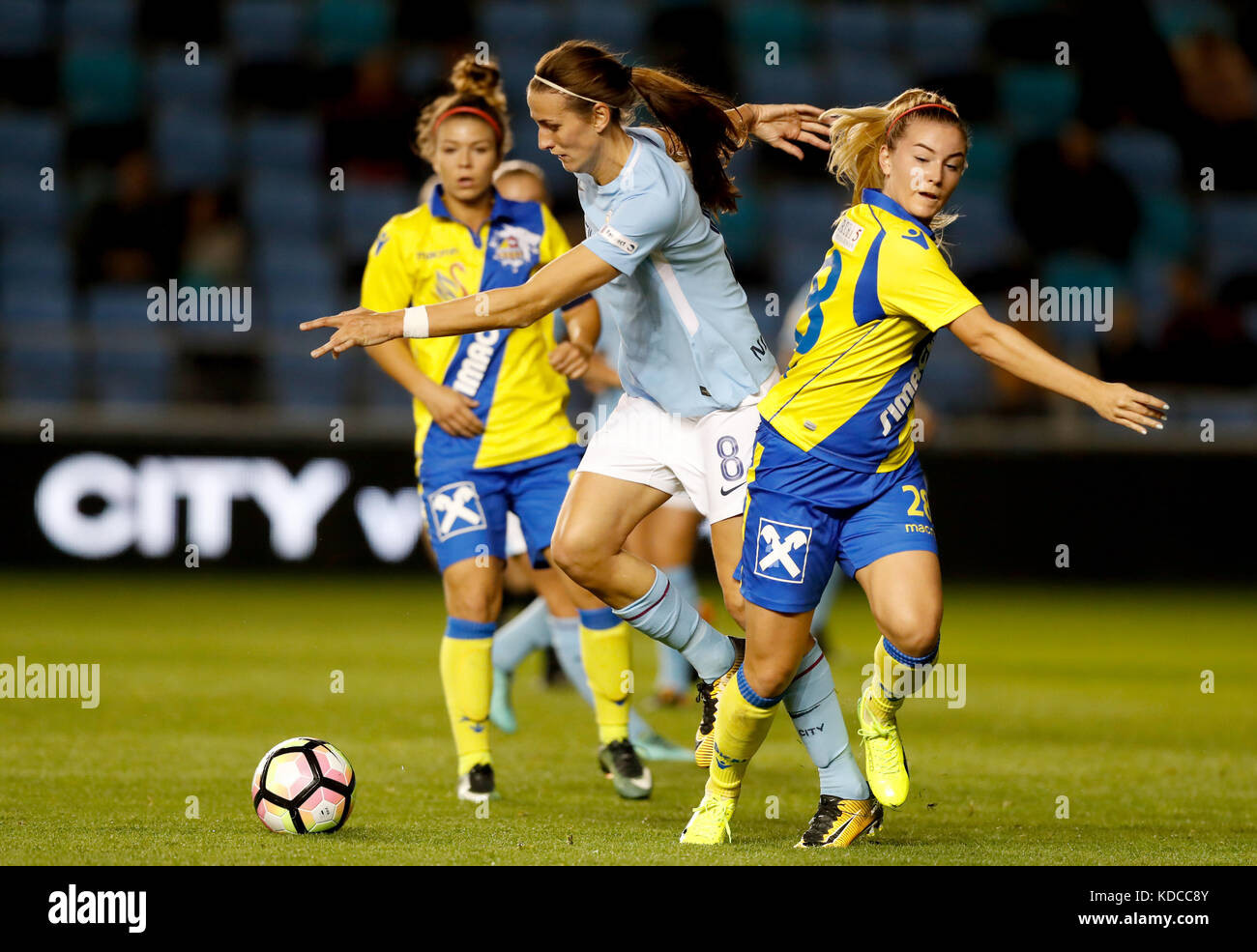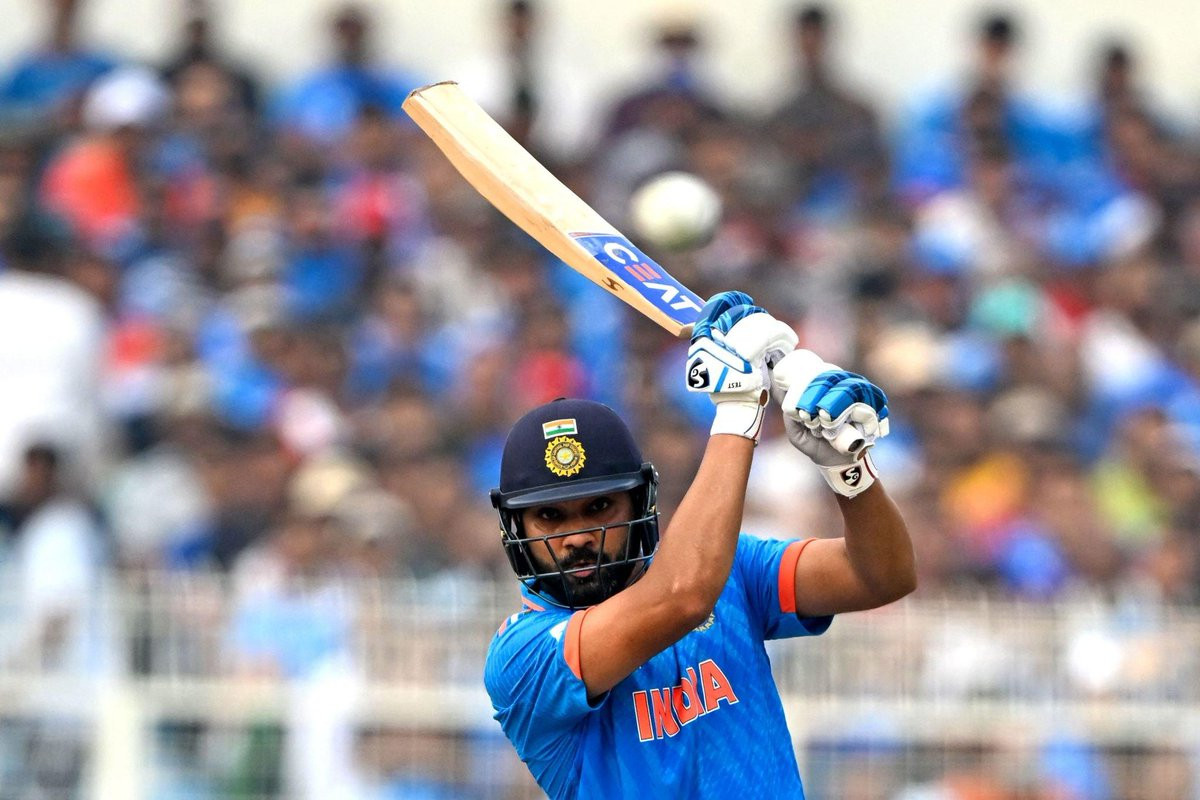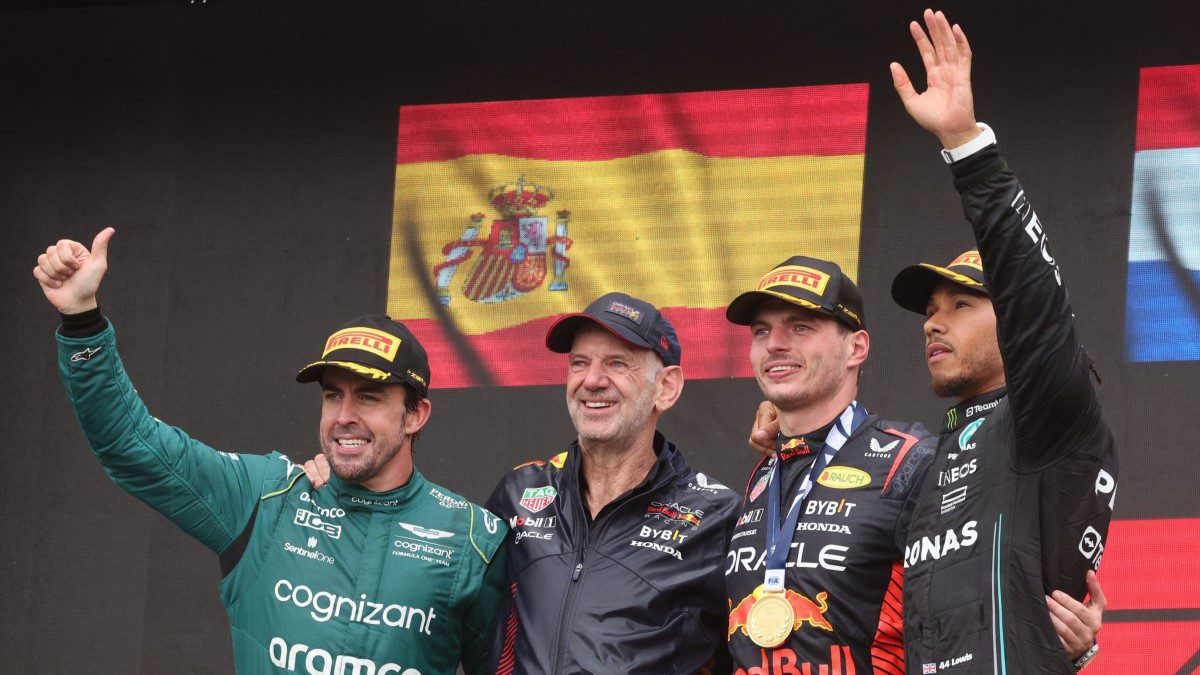GAA Managers Should Be Paid: 92% of Players Agree, Says GPA Chief
The Gaelic Players Association (GPA) supports the idea of formalising payments to inter-county managers, with 92% of players in favor of compensation, according to a recent survey. The call comes in the wake of GAA President Jarlath Burns' suggestion that county boards should issue contracts to managers, citing the full-time nature of the role.
GPA CEO Tom Parsons echoed the sentiment, stating that Players are supportive of managers being compensated and believe they already are. "Players are supportive of managers being compensated and believe they already are," Parsons explained. "Look, that doesn't mean players want pay-for-play. Some tiers of players do need a stronger value proposition with the amount the investment is on and off the field for the inter-county game."
Parsons also addressed the dissatisfaction among managers in relation to pre-season competitions being axed. Central Council opted to disband the competitions for a season following a motion put forward by the GPA. Several managers, including Galway boss Pádraic Joyce, have criticized the decision and have called for them to be restored.
While Parsons acknowledged the managers' perspective, he emphasized that the move is in the best interest of player welfare. "I completely understand where some inter-county managers are coming from," he said. "And their position is warranted. The decision is totally based on player welfare."
Parsons added that players have indicated to him that they needed time to adjust to the new rules, as they will be just returning to training in December ahead of the 2025 season. "Some players think actually to give the rules bedding in time for six weeks that by the time the league comes, they should look fairly polished," he explained. "If the first couple of games look terrible, it’s hard to put it back."
The Need for Transparency
The GPA's position highlights a growing recognition within the GAA that the amateur status model is evolving. While the association prides itself on its amateur ethos, the reality on the ground suggests a different story. The amount of time and effort required from inter-county managers, coupled with the high levels of scrutiny and accountability, has led to calls for formal compensation.
Parsons believes that the GAA's investment in coaches and games development officers around the country, who are already paid professionals, demonstrates a shift in the association's stance on amateurism. "The GAA do pay 350 coaches, games development officers around the country who do incredible work but they’re professional coaches," he said. "They work with development squads, inter-county, underage, grassroots, clubs and schools. So, look, that's all positive."
He argues that it's time for the GAA to acknowledge the reality of the situation and move towards a more transparent system. "Players are calling for transparency and the recognition that inter-county managers are being putting in considerable time," Parsons said. "That’s just the facts that we have and I want to be open and transparent about that."
The Future of the GAA
The debate surrounding the compensation of inter-county managers is just one facet of the ongoing discussions about the future of the GAA. The association is facing numerous challenges, including the changing landscape of sport, the increasing professionalization of the game, and the need to ensure the sustainability of its amateur ethos.
The GPA's position on manager compensation is a significant step in the direction of recognizing the evolving realities of the GAA. It is a call for greater transparency and accountability within the association, and a recognition that the traditional amateur model is no longer sufficient to meet the demands of the modern game.
As the GAA continues to grapple with these challenges, it is clear that a dialogue between all stakeholders, including players, managers, administrators, and the GAA itself, is essential to ensure the future of the association.
The GAA's commitment to integration with the Ladies Gaelic Football and Camogie Associations by 2027 is a testament to the association's desire to embrace change and create a more inclusive and equitable environment. However, the success of this integration will depend on the willingness of all parties to work together and find common ground.
The GAA stands at a crossroads. It must decide whether to continue clinging to a fading ideal of amateurism or embrace the realities of the modern world. The decisions made in the coming years will shape the future of the association and determine its relevance in the years to come.
A Time for Change?
The GAA is a cherished institution in Ireland, a cornerstone of its culture and identity. But in order to thrive in the 21st century, it must adapt to the changing times. The call for compensation for inter-county managers is just one sign that the GAA is at a turning point.
It is time for the GAA to move beyond nostalgia and embrace the realities of the modern world. By taking a pragmatic approach and acknowledging the evolving realities of the game, the GAA can ensure its continued success and relevance for generations to come.




